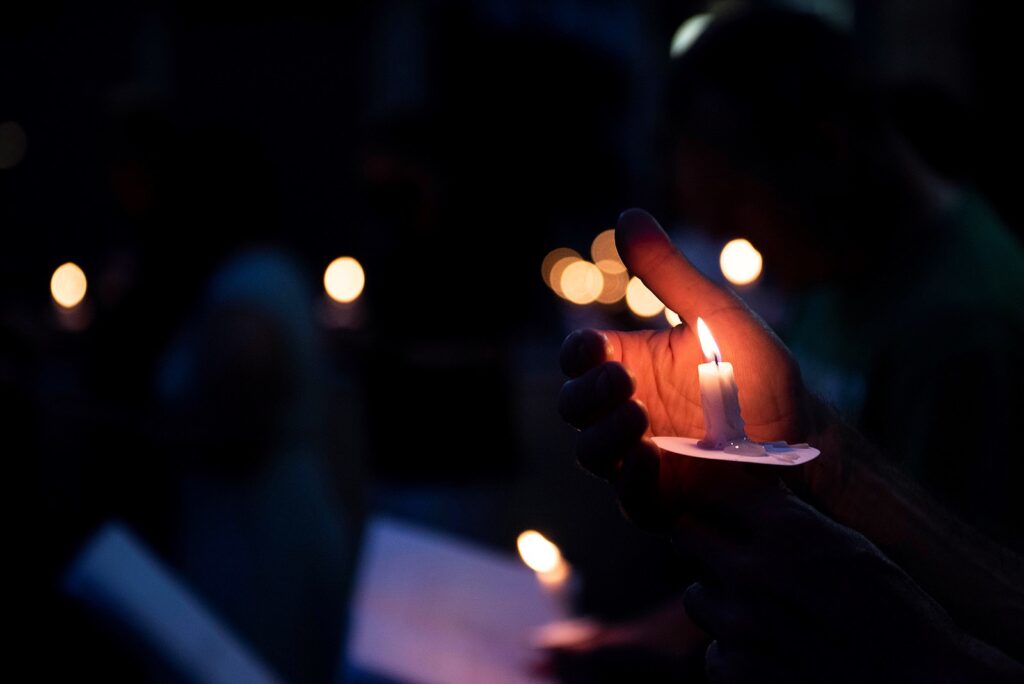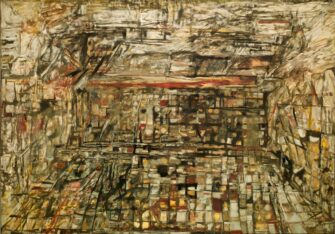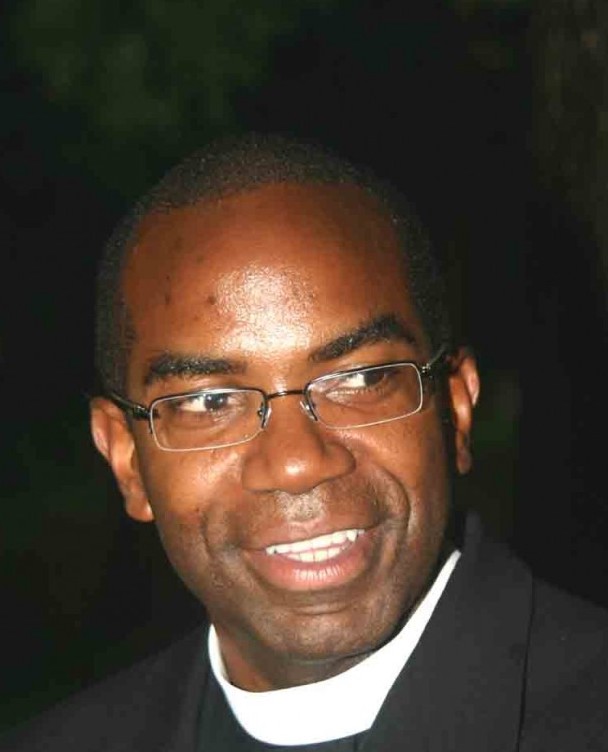
For some, racial distinction is a virtue, but to others, it is a sin. In either case, one can be strongly tempted to live into the realism (if not pessimism) that racism will never go away. One may have very limited optimism that human beings will ever celebrate human physiognomical differences due to the horrors of current and historical systematic racism. In my spiritual and theological work on Desmond Tutu, however, I argue that Tutu’s legacy is precisely in this hope that human beings will celebrate the image of God whose unity is known through diverse persons. Historically, and for some currently, it is argued that racial difference is the most pertinent criterion by which to judge human worth (racial classification was explicitly embedded in South Africa’s legal and legislature structure). The fallacy of this assumption is that the descriptive determination of “race” simultaneously carries with it a fixed classification, i.e., race is not just the color of skin, but also a marker of the character of the person. And the one who claims to determine a person’s race usually becomes that person’s oppressor. In other words, many people around the world had to accept the identities which Europeans gave them. Asians had to accept being Asian, Africans had to accept being a Negro or African. Indians had to accept being Indian. Rowan Williams helpfully describes this dynamic when he states, “White domination has been built on the assumption that whites may say what they are, independently of the needs and reality of other groups, who are built into white self-definition” (141). Desmond Tutu illustrates this tendency of the dominant group to define identity when he recounts the following story and commentary in a British context:
Once upon a time at a grand dinner party a gracious lady sat next to a Chinese gentleman. She was being solicitous [concerned] and helpful so she would say “Like a banana?” And he would reply, “Yes se pleasie.” “Like a Drink?” And he would say, “Yes se pleasie.” And then the Chinese gentleman got up to make a speech in impeccable and faultless English. At the end of it, he turned to his neighbor “Like a speechie?” Most of us in this land make the cardinal mistake of judging people by their external appearance. We use quite irrelevant biological features over which they have no control to determine their worth as human persons.[1]
Instead of dominant groups of people determining human worth, Desmond Tutu’s legacy invites us into a different narrative—one in which restoration of God’s image is the key determination of human worth. African saints like Athanasius inspired Tutu to take seriously that Jesus Christ became human so that we could become gods (54.3). As in Athanasius’s speculative theology, Tutu invites increased Christian imagination as to what is human identity defined in the concept of the image of God. God creates human beings to be a penultimate paradox, i.e., finite creatures made for the infinite, so that nothing less than God could ever hope to satisfy the deep longings of human bodies and souls, “not military strength not unbridled ambition, not material possessions, not reckless and unaccountable political power” all of which treat God’s children as if they were not infinite. Secular prosperity seduces persons into understanding others on account of productivity, as if people are only consumers whose value is dependent upon the production of goods. It is from such diminutive understandings of human identity that a society becomes possessed by racism and can only determine racial difference as a threat. Esther Mombo also explains this diminutive process as she discusses what continues to haunt Christianity today.
What appears to haunt Christianity today is the disconnect between the things of the spirit and what is seen as material or secular. The question that one perhaps faces is, how does one do mission in a context that is already pervasively religious? What seems to be happening is that many are using the “spiritual” to enrich themselves in material terms. So the spiritual dimension has not been omitted, but it is used to increase prosperity in the world. What appears to be lacking in this kind of mission is active and transformative engagement with injustices in society (378).

The very need of the oppressor to define human beings racially once presupposed a natural science to understand physiognomical differences. However, for economic and ideological reasons, racial taxonomy provided European Whites, and later South African Whites a hierarchical account of how their claimed superior racial identity related to lesser ones. Because people of different “races” are “different,” declared many White people like Hendrik Verwoerd, former Prime Minister of South Africa, human beings should develop separately (26). (Verwoerd is a major political figure in establishing “Bantustans” or independent homelands on which such separate development could take place.) But Tutu facilitated a restorative movement in the brokenness of the church to disagree with Verwoerd’s conclusions—even calling such conclusions heresy and sin. The particularity of race as legally defined in apartheid and used as conceptual identities for human beings, continues a dialectic with seemingly little hope of synthesis. For example, Alan Dershowitz branded Tutu as “evil” and “the most influential antisemite of our time” because of how Tutu described Israel’s rule over the Palestinians as apartheid. On Tutu’s visits to Israel and Palestine, Tutu recognized the existential crisis of his own homeland in “the forced removals, the house demolitions, the humiliations of checkpoints and systems of control on movement, the confiscation of land for Jewish settlements, and the confining of Palestinians to blobs of territory, reminiscent of the Bantustan Black homelands. Above all he saw one people controlling another who, like Black South Africans until 1994, had little say in their governance.” Any legal separation of human identity on the basis of race is a zero-sum outcome. Tutu’s legacy of restorative justice and Ubuntu theology seek a nonzero sum outcome.
Of course, such a legacy is difficult to maintain when being Black entails falling outside of dominant standards of intelligence, beauty, and worth, while at the same time, being White assumes the proper control and manifestation of these standards in a protected normality. For example, a White South African farmer, Schalk Vorster, remarks, “You must be committed to the concept of race. It’s an ugly word as used by some people. But what is the opposite of racism? Communism? Or is it the [White] man who marries a black maid? It’s important to me that people stand by their racial identity, otherwise you get bastardization.”[2] Consequently, in light of a third identity, “bastardization,” being Black also assumes the human predicament of having to accept an imposed identity in which you have the following choices: you can either redefine your alienation of being Black into heroic identity or you can surrender to the demonic forces in the world which will use God-created differences to further confuse, divide, and conquer. Instead of being chained to each other as a vicious dialectic of races, Tutu’s legacy sought both to redefine new models of being human and visualize new theological identities of reconciliation in which the church could facilitate a positive humanistic impact rather than a zero sum outcome of either being damned or being saved. In Tutu’s restorative and interdependent worldview, God’s love is so relentless that even Satan will one day reciprocate such love.
[1] Tutu, “General Secretary’s Report to National Conference of SACC,” June 25–29, 1984.
[2] Farmer Schalk Vorster interviewed in The Cape Argus, March 24, 1994.

